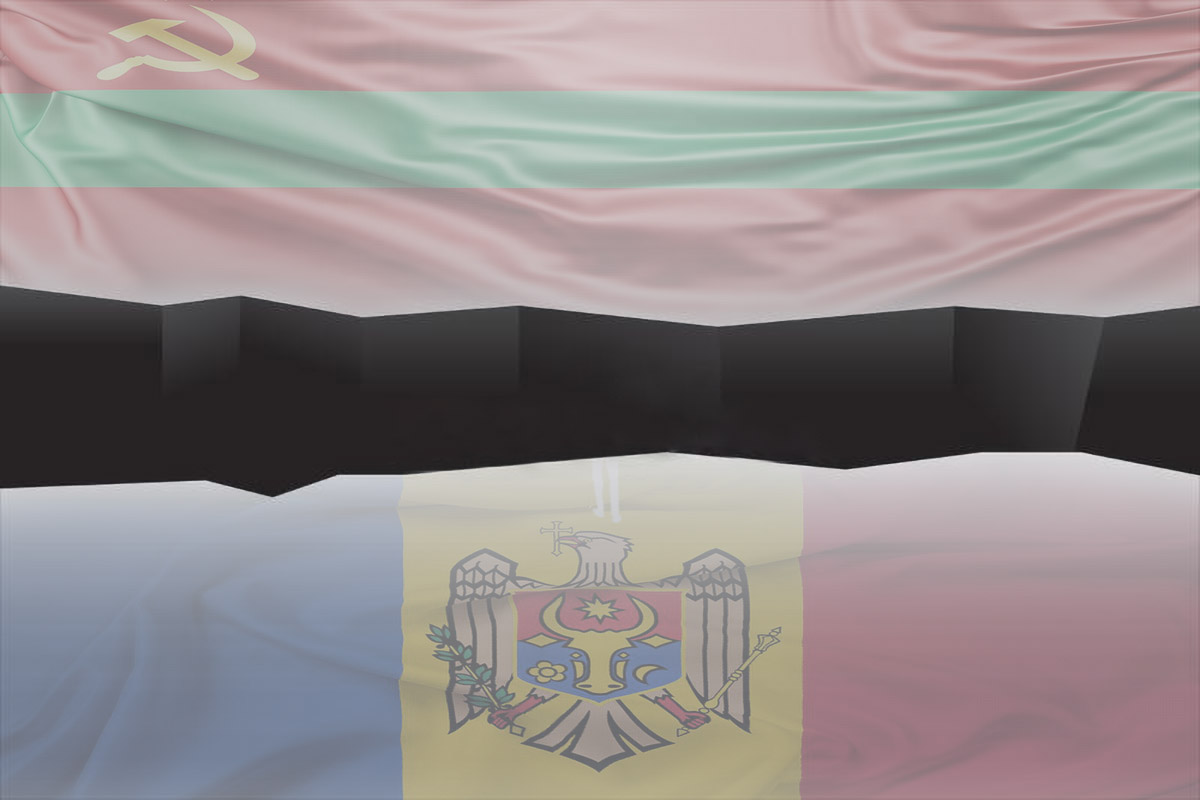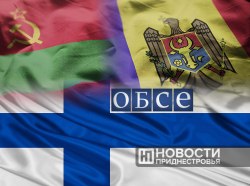Last week, Maya Sandu presented to the general public the main provisions of the draft National Security Strategy of Moldova. Documents of this kind are of particular importance for any state. They reveal strategic visions in relation to domestic and foreign policy, as well as ways and forms of ensuring the country’s national security.
Apparently, the rapidly changing regional military-political situation has pushed the Moldovan authorities to rethink their national security. Meanwhile, they are not even waiting for any certainty around the Russian-Ukrainian confrontation. Apparently, something or someone is very strongly urging Chisinau to declare its principled position in the run-up to the important events.
Without going into the total content of the draft strategy, it is important for us to understand exactly how Moldova sees its relationship with Pridnestrovie in the future and whether, based on these approaches, it is possible to talk about the prospects for normalizing relations between the two states. Thus, one of the five main directions of the document presented by Maya Sandu is gradual progress towards resolving the Pridnestrovian conflict.
During her briefing on this point, Sandu literally stated the following: “There is no other way to resolve the Pridnestrovian conflict except peacefully. Russian troops illegally staying in our country must leave the sovereign territory of the Republic of Moldova. We will have to make efforts for the gradual and peaceful reintegration of the Pridnestrovian region into the legal, economic and political space of Moldova. In this process, we want to spread all the benefits of Moldova’s rapprochement with the EU to our citizens living on the left bank of the Dniester... The political solution to the conflict, which will be found with the active participation of strategic partners, must be sustainable, functional and consistent with Moldova’s European aspirations.”
Now let's take it in order. First of all, we need to pay attention to the specific steps and decisions of Chisinau over the last period of time, which cannot be called peaceful. At the same time, it is difficult to imagine that after the approval of the new national security strategy, the Republic of Moldova will suddenly radically change its current approaches to us. The facts speak for themselves, which is only worth the notorious “law on separatism” putting almost any Pridnestrovian “against the law”. Let’s not forget about the blocking of imports of medicines, medical equipment and food, as well as the current difficulties with the export of finished products of Elektromash CJSC, BZE Potencial OJSC and Moldavizolit Plant CJSC. In addition, Moldova’s methodical destruction of the agreements of the negotiation process not only led to negative consequences, but also to the growth of other complex problems.
The list can be continued, but it has long been obvious to everyone that Chisinau has chosen a far from peaceful path in dialogue with Pridnestrovie, hiding its true destructive goals behind varnished rhetorical constructions. Not wanting to take into account the Pridnestrovian specifics and build contractual relations, the Republic of Moldova stubbornly imposes the concept of the so-called peaceful involvement in the Moldovan legal framework, which implies nothing more than the targeted destruction of the Pridnestrovian Moldavian Republic`s state system and the abolition of the entire structure of Government bodies.
To put it bluntly, Chisinau has a very unique idea of peaceful coexistence and good neighborliness. And all this is publicly presented by Sandu under the guise of European integration, which, judging by the plans of Moldovan strategists, should cover up the aggressive plans of the Republic of Moldova.
And, perhaps, the key aspect that is worth paying attention to is related to the fact that the document identifies Russia as the main threat to Moldova. At the same time, the Moldovan President called partnership with the United States a priority in strengthening national security. Such a pronounced strategic choice, or rather, a provocative challenge, on the part of Chisinau, essentially puts an end to the prospects for normalizing relations between the two banks of the Dniester.
Moldova’s international partners, of course, still have a small amount of time to carefully study the works of Moldovan strategists and drive Chisinau back to the flags of an adequate perception of reality, without provoking additional regional instability.
Pavel Alexandrov








